Experts examine effects of Partition on Pakistan’s population
Migration resulted in rapid population growth, urbanisation
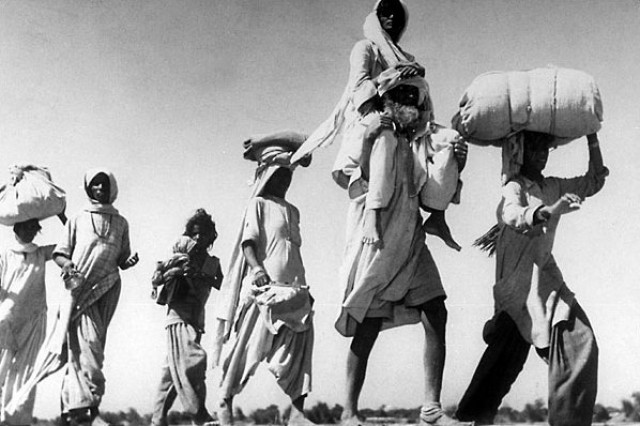
The speakers discussed the significance of Partition and its effect on the population of Pakistan today. PHOTO: MARGARET BOURKE-WHITE
The event, hosted by the Sukh Initiative and Aman Health Care Services in collaboration with Basic Needs Pakistan, also discussed the impact of these aspects on the country.
Professor Jenifer Leaning, a leading public health expert at the South Asia Institute and Harvard University, presented her pioneering work on the humanitarian implications for refugees across geographies, including Partition in 1947. She highlighted her work on the humanitarian aspect of the traumatic partition based on personal accounts and public archives and shared insight into the lives of people in transition.
Other panellists included prominent social scientist and demographer Dr Mehtab S Karim, who presented his work on demographic trends, rapid population growth and urbanisation over the last several decades.
Awareness session : Illegal migration must be avoided at all costs, says MRC official
Politician, educationist and development expert Shahnaz Wazir Ali reflected on the state of the public and private education systems and the role of the government in shaping the demographic landscape.
Javed Jabbar, a former senator and federal minister, shared insight into the influence of migration on the cultural landscape of Pakistan. He said that there is a positive impact of migration that is being reflected in arts and culture but there is insulation and isolation as well. Our national language - Urdu is a product of migration, he explained.
Jabar emphasised that access is the key that can transform the population scenario in Pakistan.
Dr Haris, a leading family planning expert and head of the Sukh Initiative, discussed working at a micro level in peri-urban settings in relation to family planning. Reflecting the information gathered by the Sukh Initiative, he said that it is essential to engage communities by acknowledging their culture, providing access and holding their hands to progress to the next level of well-being.
Archaeologist discusses urbanism in Indus Valley Civilisation
Basic Needs Pakistan Chairperson and Aman Foundation Trustee Dr Saadia Quraishy, who also moderated the panel discussion, spoke about understanding and learning from the past and moving ahead with a positive approach to strengthen the country.
The seminar concluded with tokens of appreciation presented to the panellists. The participants said such forums are important to educate the public and gain commitment from all stakeholders to address such problems.


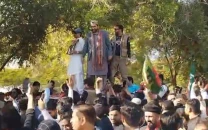
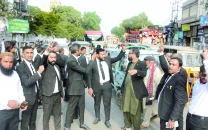
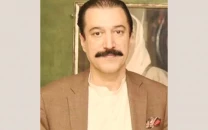
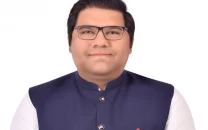













COMMENTS
Comments are moderated and generally will be posted if they are on-topic and not abusive.
For more information, please see our Comments FAQ